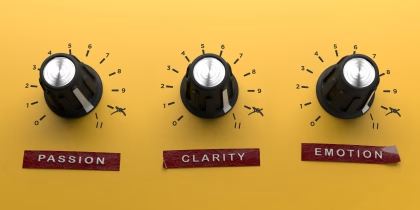This study investigated the feasibility of using an automated facial coding engine, Affectiva (integrated in iMotions, version 8.2), for evaluating facial expression after traumatic brain injury (TBI). An observational cross-sectional study was conducted based on facial expression data from videos of participants with TBI and control participants. The aims were to compare TBI and control groups, and identify confounding factors affecting the data analysis. Video samples of two narrative tasks (personal event and story retell) from ten participants with severe TBI and ten control participants without TBI were analyzed using Affectiva. Automated data on participants’ engagement, smile and brow furrow were compared statistically between and within groups. Qualitative notes for each sample were also recorded. Affectiva detected a higher percentage of time of engagement for TBI participants than for control participants on both tasks. There was also a higher percentage of time of smiling for TBI participants in one task. Within groups, there were no significant differences between the two narrative tasks. Affectiva provides standardized data about facial expression and may be sensitive to detecting change in the use of facial expression after TBI. This study also identified factors to avoid during videorecording to ensure high quality samples for future research.
Related Posts
-

More Likes, More Tide? Insights into Award-winning Advertising with Affectiva’s Facial Coding
Consumer Insights
-

Why Dial Testing Alone Isn’t Enough in Media Testing — How to Build on It for Better Results
Consumer Insights
-

The Power of Emotional Engagement: Entertainment Content Testing with Affectiva’s Facial Expression Analysis
Consumer Insights
-

Tracking Emotional Engagement in Audience Measurement is Critical for Industry Success
Consumer Insights



